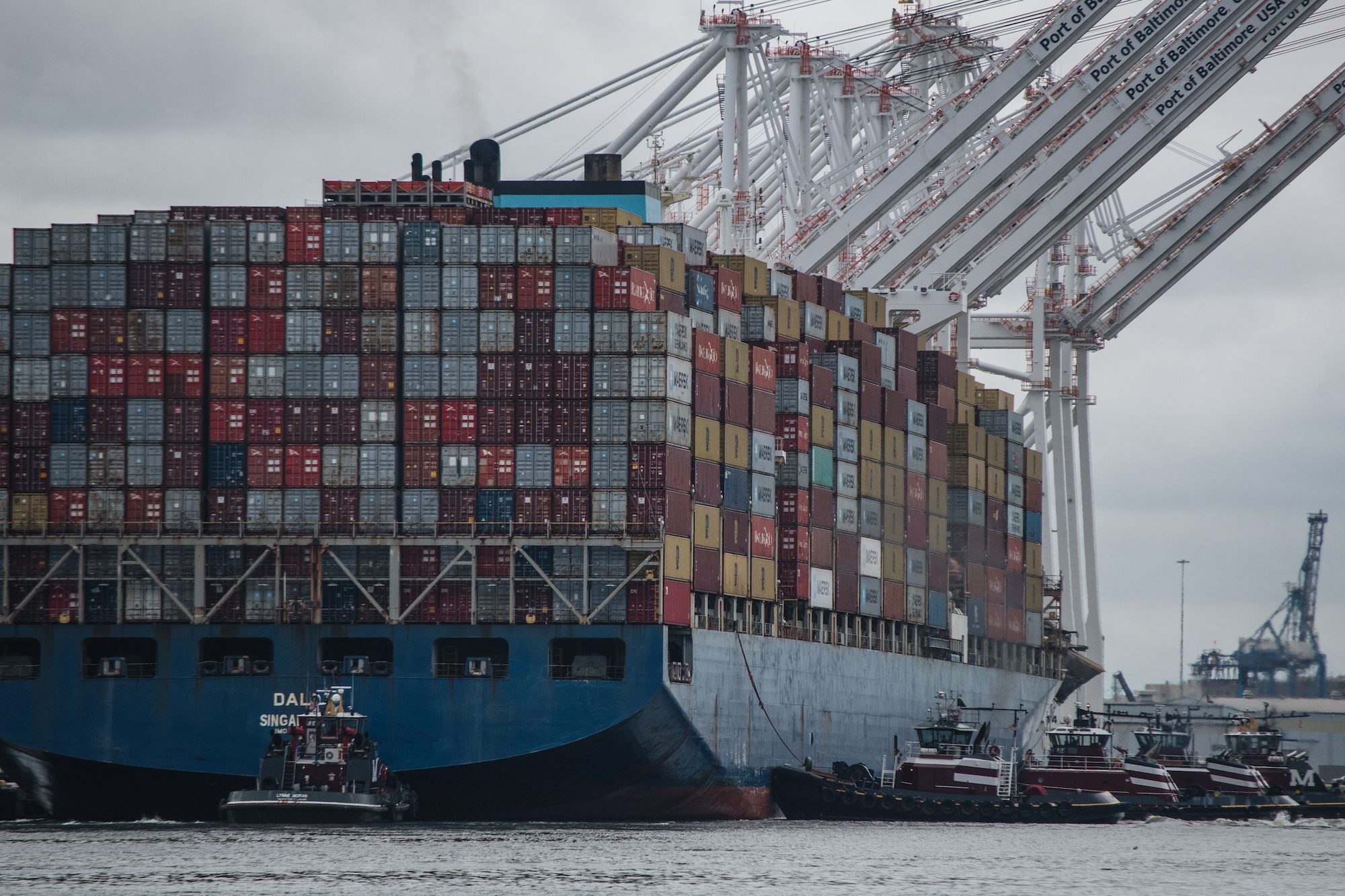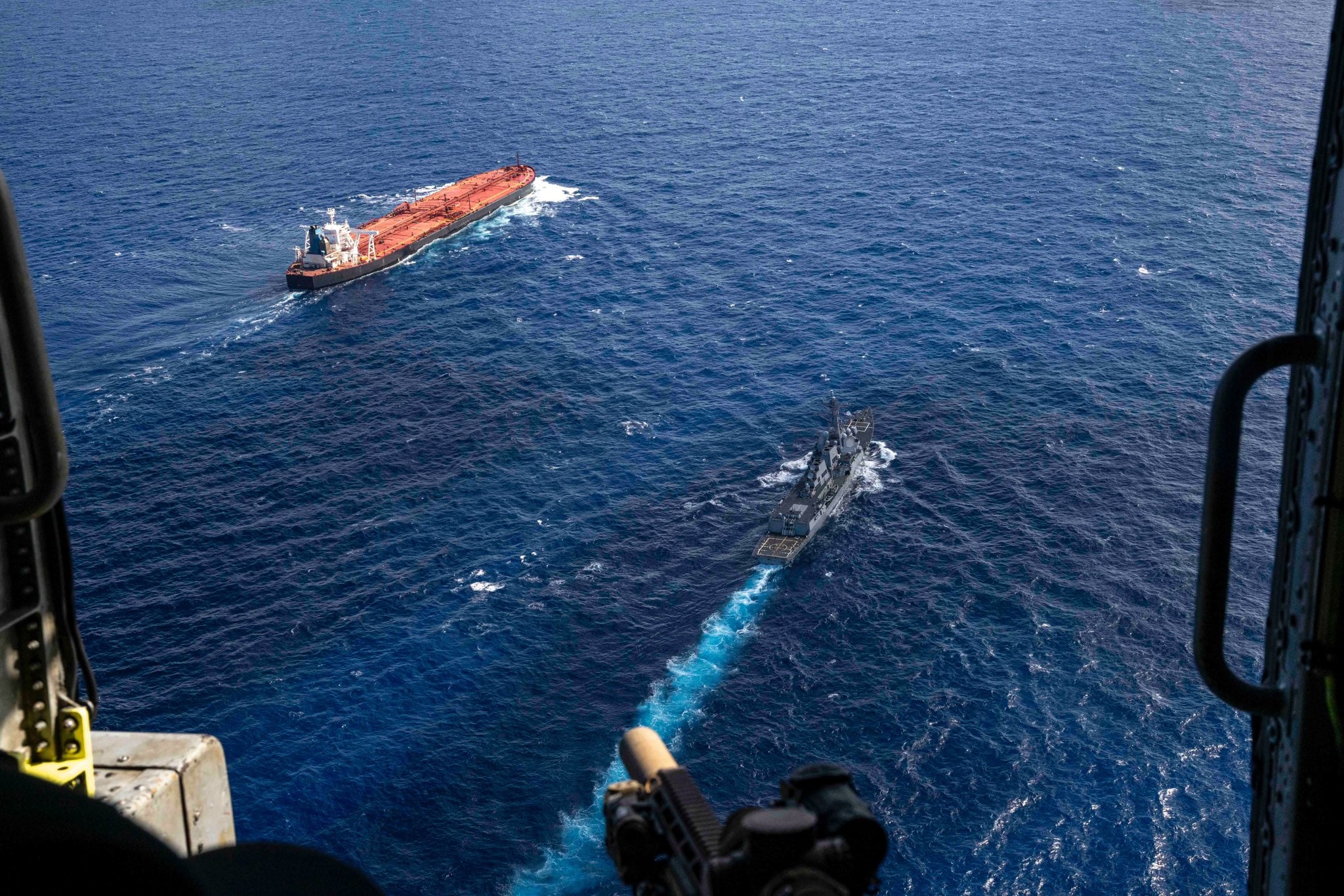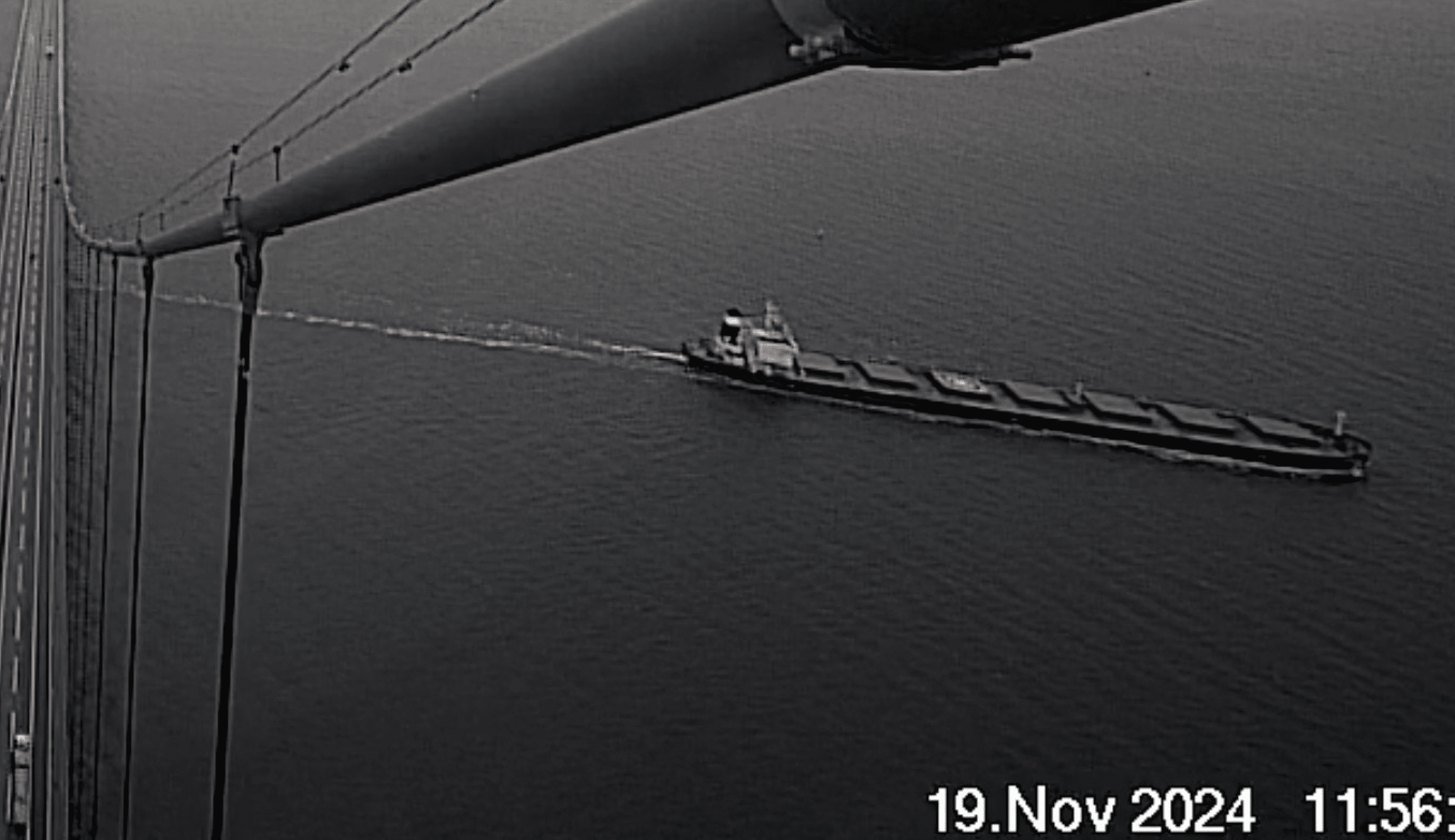The U.S. Federal Maritime Commission (FMC) has initiated a nonadjudicatory investigation into vessel flagging practices that may create unfavorable conditions for U.S. shipping trade. The investigation comes amid mounting concerns over the proliferation of flags of convenience (FOC) and their impact on maritime safety and security.
The investigation, which includes a 90-day public comment period ending August 20, 2025, seeks input from a broad range of stakeholders, including vessel operators, international trade experts, and organized labor groups.
Of particular concern is what the Commission describes as a “race to the bottom,” where certain nations compete by lowering standards and easing compliance requirements to gain competitive advantages. These practices often result in reduced oversight, minimal vessel inspections, and compromised safety standards.
Recent incidents have highlighted the urgency of addressing these concerns. In March 2024, the MV Dali, registered in the Marshall Islands and flagged in Singapore, lost power and collided with Baltimore’s Francis Scott Key Bridge, causing its collapse. Just weeks later, the Malta-flagged APL Qingdao narrowly avoided a similar disaster near New York’s Verrazzano Bridge.
The investigation also aims to address the growing challenge of “shadow fleets” – vessels operating outside regular maritime frameworks to evade sanctions or engage in illicit activities. These vessels often operate with minimal oversight, frequently disabling their Automatic Identification Systems (AIS) and using fraudulent documentation.
A recent report by maritime intelligence company Windward reveals a concerning trend in GPS jamming, with the average distance vessels “jump” when their AIS is jammed increasing from 600km in Q4 2024 to 6,300km in Q1 2025. This development has made it “nearly impossible to track vessels within any realistic or relevant geographical vicinity”.
The Commission’s investigation seeks to identify best practices that contribute to responsible vessel operations while ensuring the reliability and efficiency of the U.S. ocean shipping system. The FMC notes that current international efforts, including those by the International Maritime Organization (IMO), have failed to bring about meaningful change in addressing these challenges.
Responsible flagging practices, as outlined by the Commission, include strict regulatory compliance with international standards such as SOLAS, MARPOL, and STCW, along with regular inspections and certifications. These vessels typically maintain higher operational standards, ensure better labor conditions, and demonstrate greater transparency in ownership and management.
The investigation represents a significant step toward addressing what the Commission views as a systemic problem in maritime commerce. As noted in the investigation document, “One malfunctioning vessel can incapacitate a port for weeks, or longer, and force the rerouting of global streams of commerce”.
Interested parties are encouraged to submit comments addressing unfavorable flagging practices and potential solutions that maintain high safety and operational standards while managing costs effectively.
Editorial Standards · Corrections · About gCaptain

 Join The Club
Join The Club











